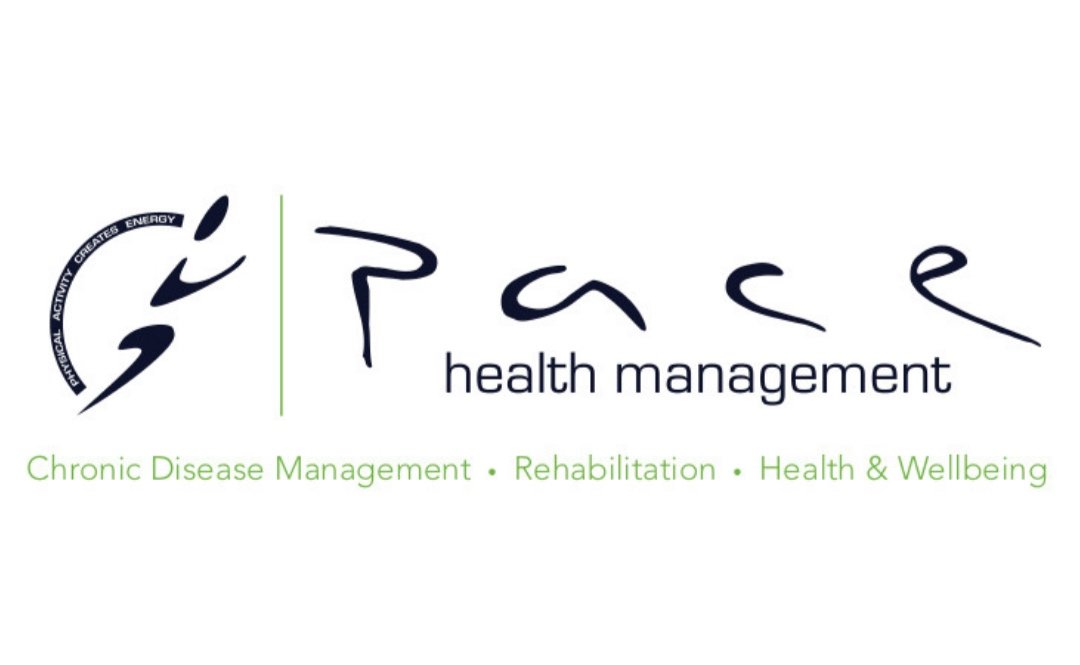Where are you getting your calcium from?
From an early age we were taught that we needed to consume dairy to get the calcium required for strong bones and teeth.
Though whether it be for health reasons, taste, or perhaps ethical or environmental sustainability concerns, many people are putting down the dairy and going for plant-based dairy alternatives. Have you thought much about where you’re getting your calcium from?
What is calcium and why do we need it?
Calcium is a mineral that is found in many foods and is required for bone heal and other vital functions.
During childhood and adolescence, it is essential for building, lengthening and strengthening bones. We then reach our peak bone mass in our late-twenties to early thirties. This is the maximum bone density you will ever have, where after this point there is a slow and gradual decline in bone mass. Our priority then becomes bone strength maintenance to avoid osteoporosis- weak and brittle bones which leave us prone to falls, fracture and frailty as we age.
Around 99% of the body’s calcium stored in our bones. The remaining 1% circulates around the body to and is vital for blood pressure and hormone regulation, blood clotting, as well as heart, muscle and nerve function.
So, unless we are consuming enough in our diet, this stored calcium from our bones can be released into the body provide an almost unlimited source of calcium. If there is an ongoing loss of calcium from our bones, this means a further loss of bone density and strength.
So, how much do we need?
It is recommended that adults consume 1000 mg of calcium every day to meet their requirements, increasing to 1300 mg for women after age 50 and men after age 70.
Factors affecting calcium absorption:
Calcium intake recommendations increase as we age, as our digestive system’s ability to absorb calcium decreases. Unfortunately women also have menopause to contend with, where the drop in oestrogen leads to rapid bone loss, leaving them at even greater risk.
Other factors that influence our ability to absorb calcium include:
Vitamin D deficiency: Vitamin D most commonly comes from sunlight and our diet, and is also essential for facilitating calcium absorption.
Unmanaged coeliac disease and other conditions that affect nutrient absorption
Excessive alcohol and caffeine
Some medications
Getting calcium from your diet:
For someone who regularly consumes dairy, it can be relatively easy to consume their 1000mg by just having a tub of yoghurt, a few slices of cheese and a cup of cow’s milk over the day. Calcium is found most abundantly in dairy products, but can also be obtained from seafood and other plant-based foods.
For those who avoid dairy and/or seafood, you will need to be much more mindful of where you are getting your calcium from.
A few tips for boosting your calcium intake from food throughout the day:
Be sure to check the ingredients of all plant-based dairy alternatives for calcium fortification of at least 100mg of calcium per 100mL/g serve.
Mix 3-4 chopped dried figs and about 10-20 chopped almonds/hazelnuts into your morning cereal or porridge.
Or, make a fruit and nut mix to snack on, with 2-3 dried figs, 4 dried apricots and 30g of mixed almond, hazelnuts and brazil nuts.
Try a can of sardines (drained) on wholegrain toast with sliced tomato and a sprinkle of fresh herbs.
Try one tablespoon of almond butter over 4 wholegrain Vita-Weats with sliced banana as a snack.
Try dipping veggie sticks into ¼ cup cottage cheese as an afternoon snack.
Add a can of salmon (bones in) or sardines to your salad. Mix 1 Tbsp of tahini with a teaspoon of olive oil and squeeze of lemon for dressing.
Make a stir fry with a few cups of chopped dark leafy greens and serve this with a small grilled snapper fillet or a palm-size piece of hard calcium-set tofu.
A note on supplements:
Although it is preferable that we aim to meet our nutrient requirements from food sources, for some this may be extremely difficult. There are high-dose calcium supplements which can be taken to support you in meeting your requirements. As mentioned, vitamin D is essential for calcium absorption. Supplementation is often required for those who are deficient as determined by a blood test. Speak to your GP about whether this is necessary for you.
If you are concerned about the nutritional adequacy of your diet or would like assistance with meeting your calcium requirements, contact Pace to book a consultation with one of our friendly dietitians who will be happy to help!


